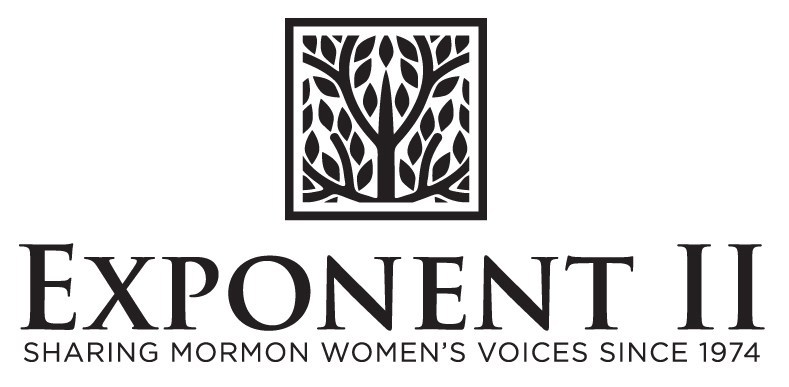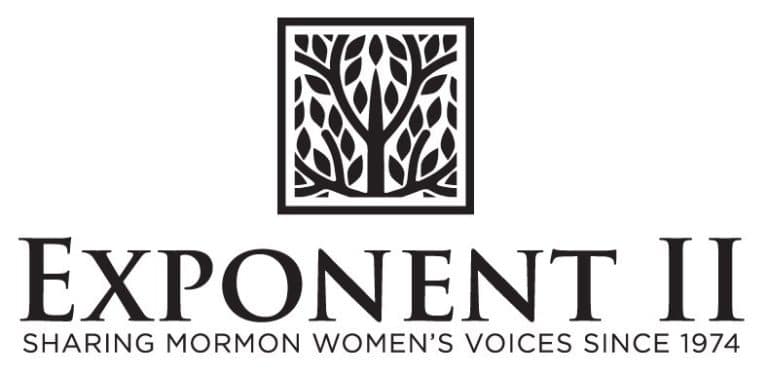The following is the Letter from the Editor for the Spring 2021 issue of Exponent II. To subscribe, please visit our store.
I learned family history the old-school, traditionally Mormon way: filling out hundreds of pieces of paper that went into binders full of names. Young women activities in the library, staring at microfiche. Proud stories from leaders about how they had traced multiple lines of their family back to Adam and Eve. It seemed overwhelming and strange but also powerful. I could identify with the yearning of wanting to know about my ancestors.
As I got older, the names and birthdates became less important to me than the stories. Rather than an emphasis on charting back as far as possible, I wanted to know details to flesh out the humanity of people. I became interested in the babies who died at birth, what the people ate, what they held in their hands, what kind of sadnesses and joys they experienced. I felt my ancestors calling to me in a different way.
In the last few years, my understanding of family history has undergone another revolution, thanks to the work of Michelle Franzoni Thorley and K Dawn (check out @florafamiliar and @kdawncreates on Instagram), both artists Exponent II has recently featured. I started thinking about family history in terms of legacy: what was passed down to me and what kind of ancestor I want to be. What trauma did my ancestors inherit? What did they inflict on others around them? How did that influence their children? How does it influence me? Learning about their past has helped me address and heal from wounds that I previously ignored. It has made me a better parent, creating the kind of links between the generations promised by the spirit of Elijah.
We wanted this issue to reflect a new kind of thought about family history: one that is less about checking off boxes and claiming luminous ancestors, and more about embracing the complexity of legacy. We hoped writers would help us think in new ways about inheritance and how that shows up in beautiful and damaging ways in our lives. The articles in this issue display how crucial the expansion of concepts of family history is, from Melissa-Malcolm King’s article “Interwoven,” about how her relationship with her hair interacts with her connection to her ancestors to Kif Augustine’s piece “(Il)Literacy,” which traces the way her ancestors were lost and found in the context of language. Our Women’s Work features an interview with Ardis Parshall and her project Who We Lost, which memorializes largely-forgotten early Mormons. “Tracing My Family History of Cancer,” by Katie Rich, asks how a family can heal across “fragmented generations.” I am incredibly proud to include the story of Sareta Dobbs, the first Black woman to receive a mission call for the LDS Church. Although Bruce McConkie referenced her without a name in his 1978 talk “All Are Alike Unto God,” this is the first time Dobbs’ story has been published.
It has been one of the great privileges of my life to edit this publication for six years. To those who supported it with their time, words, art, funds, and attention: you have my deepest gratitude. Although this issue is about ancestors, for me, it is really about what is on the horizon. Artists like Michelle Franzoni Thorley and K Dawn are already transforming Mormon feminist theology and remaking concepts of family history and lineage. Writers stand ready to change hearts and minds by authentically telling their stories and organically rewriting dominant narratives. New Exponent II https://exponentii.org/wp-content/uploads/2021/12/IMG_5173-scaled-2.jpgs Rachel Rueckert, Sam Layco, and Carol Ann Litster Young will guide this publication bravely and thoughtfully. With these brilliant lights to guide our community into the next generation, I can only believe that the best is yet to come.



